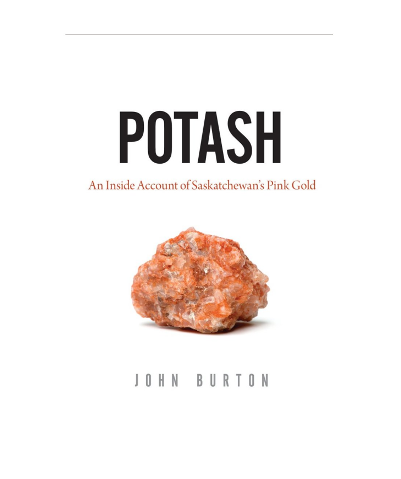http://www.cbc.ca/news/canada/manitoba
The Manitoba government is hoping to develop a significant potash deposit in the western part of the province near Russell, Man. Chris Radford, Mayor of Russell, said having the potash industry present would be great for his community.
“Well this would be fantastic news for our area,” said Radford. “It’s something that obviously we’ve been looking forward to for a long time. There have been a lot of times that they have talked about this in the past and we certainly hope that this time things will be able to move forward.”
The province-owned Manitoba Potash Corporation has acquired the rights to a vast deposit of the mineral, used as a key ingredient in fertilizer. It has bundled together the mineral rights to much of the potash in the province.
The next step will be to ask major players in the industry to do a feasibility study on developing a mine, said Manitoba’s Minister of Mineral Resources Dave Chomiak
“We’ve gone to the market and asked people to look at it and see if they are interested in doing a feasibility, which if proved positive, would lead to a potash development,” he said.
Chomiak said It could take up to a decade to develop a potash mine, but it could generate as many as 600 jobs and provide hundreds of millions of dollars in royalties for the province.
























